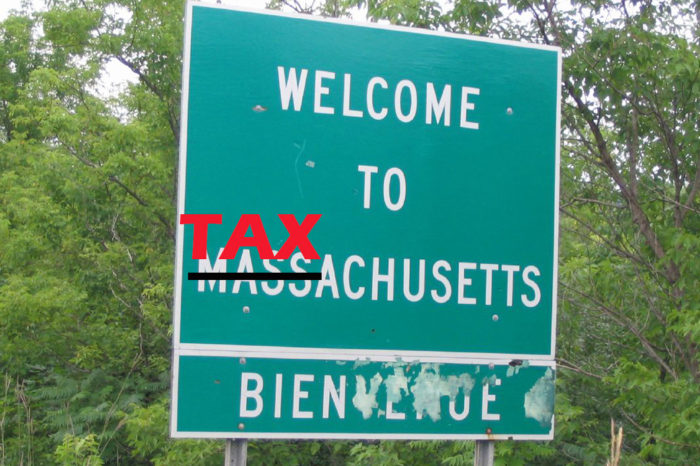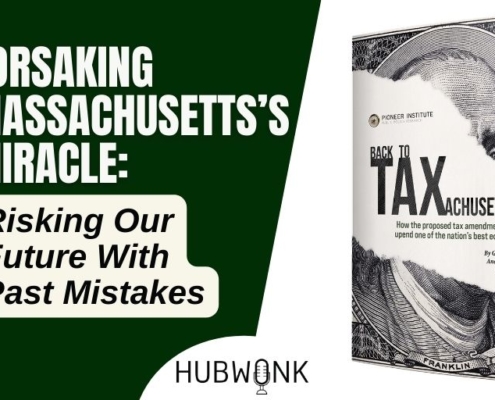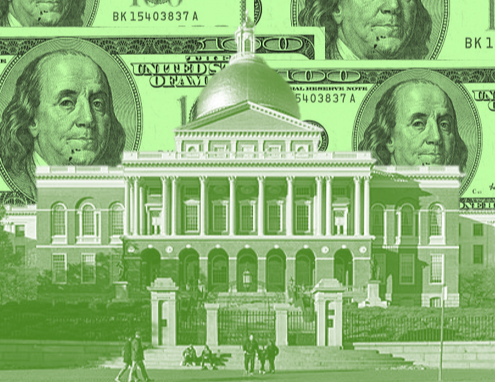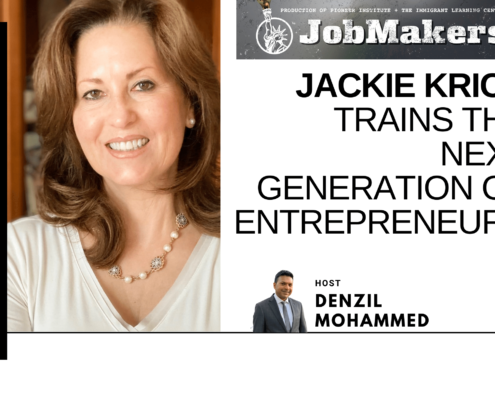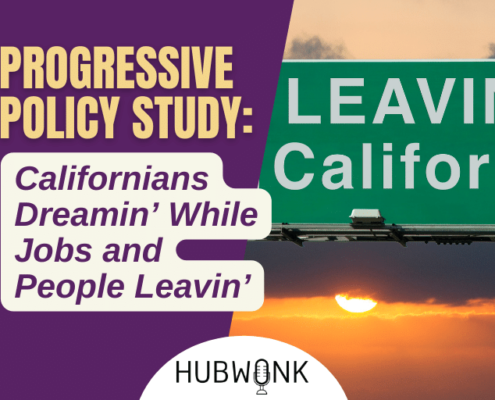Study: Proposition 80 Would Give MA 2nd Highest Combined State & Federal Capital Gains Tax Rate in U.S.
Read coverage of this report in the Boston Herald: “Study: ‘Millionaire’s tax’ would hurt state” and the Boston Business Journal: “‘Millionaires’ tax’ would make Mass. an outlier in capital gains tax, says group”
Unlike federal government, gains could move taxpayers into higher state bracket
BOSTON – If voters approve Proposition 80, scheduled to appear on the statewide ballot next year, Massachusetts’ top capital gains tax rate would go from 30th highest in the nation to fourth and the commonwealth’s highest combined state and federal rate would move from 25th to second, according to a new Policy Brief published by Pioneer Institute.
“Proposition 80 would have an outsized impact on capital gains,” said Greg Sullivan, the author of “Back to Taxachusetts Series: Capital Gains.” “And one of the few things most economists agree on is that keeping taxes on investment low is critical to economic growth, job creation, and rising wages.”
The ballot initiative would put an additional 4 percent surtax on any annual income over $1 million.
Passage of the initiative would introduce an important difference between federal and state treatment of capital gains taxes. The Internal Revenue Service essentially treats capital gains as separate from income tax rates in that capital gains income can’t push a taxpayer into a higher tax bracket.
Under Proposition 80, the 4 percent surtax would apply to all annual income over $1 million, meaning that capital gains income could push a taxpayer into a higher state bracket.
Under Proposition 80, the top state capital gains tax rate would rise from 5.1 percent to 9.1 percent. In terms of national ranking, it would move Massachusetts from having the 30th highest top rate to the fourth.
Massachusetts’ highest combined state and federal rate would rise from 28.1 percent to 32 percent (states use different methodologies for calculating capital gains taxes, so the combined rate can’t always be determined simply by adding the state and federal rates). In terms of its national ranking, Massachusetts would go from 25th to second.
Passage of Proposition 80 would also give Massachusetts the sixth highest capital gains tax rate in the world, behind just Denmark, Finland, France, Ireland, and California.
About the Author
Gregory W. Sullivan is Pioneer’s Research Director. Prior to joining Pioneer, Sullivan served two five-year terms as Inspector General of the Commonwealth of Massachusetts, and was a 17-year member of the Massachusetts House of Representatives. Greg is a Certified Fraud Investigator, and holds degrees from Harvard College, The Kennedy School of Public Administration, and the Sloan School at MIT.
About Pioneer
Pioneer Institute is an independent, non-partisan, privately funded research organization that seeks to improve the quality of life in Massachusetts through civic discourse and intellectually rigorous, data-driven public policy solutions based on free market principles, individual liberty and responsibility, and the ideal of effective, limited and accountable government.
Get Updates on Our Economic Opportunity Research
Research on Economic Opportunity:

